do indoor cats need vaccinations uk
Some of the cat vaccination side effects that have been reported are. Your kitten will need two sets of vaccinations to get them started - their first set at nine weeks old and a second booster set at three months old.

Cat Vaccinations Van Isle Veterinary Hospital
Cat rabies vaccines are available as 1-year vaccines and 3-year vaccines.
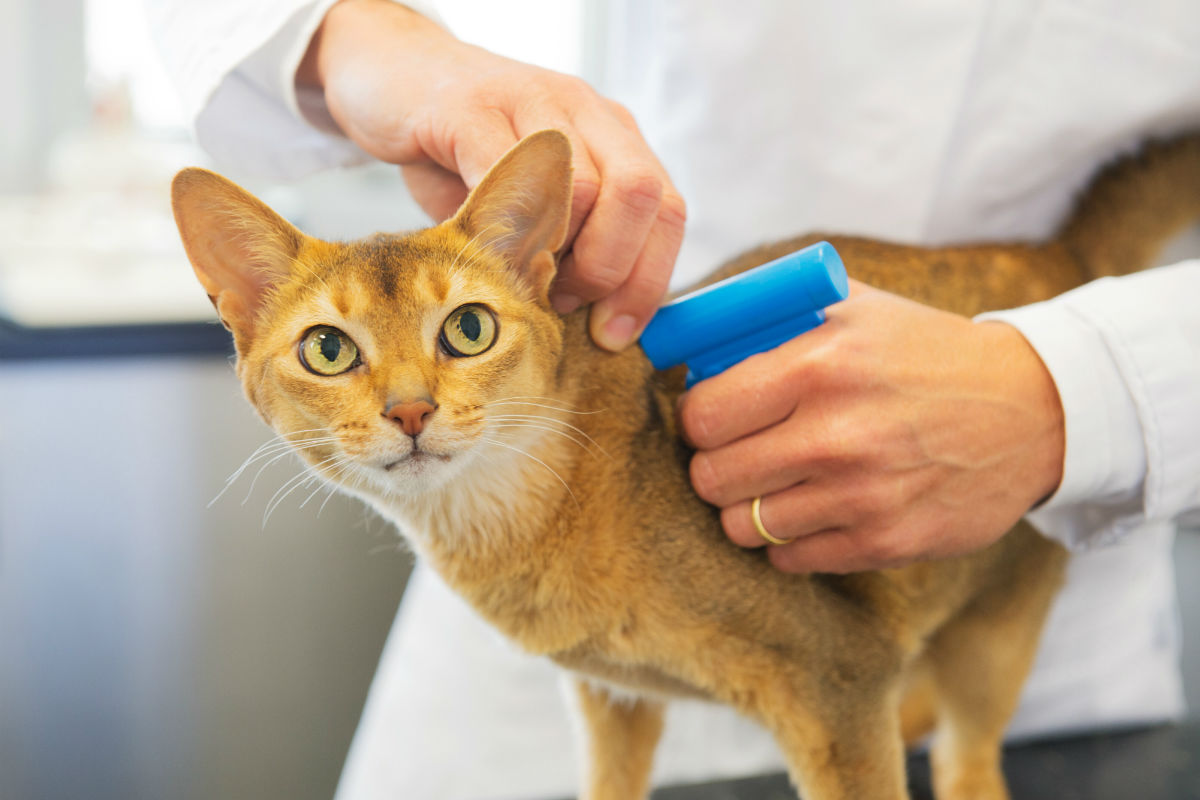
. My Answer Is You might have guessed my answer to the question Should you vaccinate your indoor cat is yes. Non-core vaccines are only given to cats if there is a genuine risk of exposure to the infection and if vaccination would provide good protection. Records also dont show whether the cats were indoor-only cats outside cats domesticated or feral cats.
The vaccination status of the other cats was unknown. Cat vaccinations are safe for most cats. Although it is possible for side effects to occur they are very rare.
Check with your cats veterinary office to see exactly which of your cats are due for vaccinations and see if you need vaccines for indoor cats. If your cat lives exclusively indoors they will still need to be vaccinated against cat flu and panleukopenia but may not need the FeLV vaccine. Vaccination doesntannihilatethe virus feline herpesvirus is the gift that keeps on giving.
Vaccines are increasingly reliable and safe but its always best to keep an eye on your cat after the visit to the vet. If youre wondering what shots cats need for apartments discuss with a veterinarian. Only a few of them might be due for vaccinations.
Keep in mind that during the vaccination visit your cat is also receiving a good physical examination. The American Association of Feline Practitioners also recommends rabies vaccination for cats based on the local regulation and a tri-annual FVRCP vaccination to keep your cat in tip top shape. Generally in the UK our core vaccines protect against Feline Panleukopenia Infectious Enteritis and Cat Flu Feline Calicivirus and Feline Herpesvirus.
Noncore Vaccines for Cats. Until your kitten is fully vaccinated and neutered. Kittens should be kept away from other cats and stay indoors for seven days after the second injection to ensure maximum protection.
But vaccination can help keep it under control. Likewise with indoor cats they can still develop diseases or illnesses that shorten their lifespan. Vaccines for Indoor Cats.
Some kittens may also need a third injection at 15 weeks. The first vaccinations should be given to kittens from around eight to nine weeks of age. The disease can flare-up especially in cats without up-to-date vaccinations causing respiratory infections and eye problems if an animal is stressed or sick.
After this kittens and cats usually need booster vaccinations once a year. According to the RSPCA kittens should have their first set of vaccinations at nine weeks old and then a second set at three months old. Localised swelling Lethargy Slight fever.
Why do indoor cats need vaccinations. A kitten will be fully protected three to four weeks after its final injection and you should keep your kitten indoors and away from cats. For me the most important list of vaccines for indoor cats are.
This is because FeLV only usually spreads between cats in close and regular contact but cat flu and panleukopaenia are very infectious and can spread on clothes shoes and other surfaces. Currently the recommendation for indooroutdoor cats is to administer the FVRCP vaccine annually. The vaccination status of these cats was also spotty.
What vaccines do indoor cats need. The first injection can be given from nine weeks of age with the second three to four weeks after the first injection. After this kittens and cats usually need booster vaccinations every twelve months.
It is a myth that cats who live indoors do not need to be vaccinated against infectious diseases. Although an indoor cat is less at risk of getting injured from things like cars as long as your outdoor cat is fully vaccinated and healthy they can live just as long as an indoor cat. Thirty-two of the cats had no history of rabies vaccinations while one cat had an up to date rabies vaccination.
The rabies vaccine and the combination vaccine FVRCP this vaccine protects against Feline Viral Rhinotracheitis feline herpes Panleukopenia virus feline distemper and Calicivirus. There are a number of potentially serious illnesses that we can vaccinate against. For indoor-only cats the recommendation is to administer the vaccine every three years.
The core vaccines are considered essential for all cats including indoor-only cats because of the widespread andor severe nature of the diseases being protected against. Why do we vaccinate. FVRCP Feline Viral Rhinotracheitis herpes Calici Panleukopenia feline distemper every 3 years.
To maintain the level of protection provided by vaccination adult cats require regular boosters. The type and frequency of vaccines given after that point varies considerably depending on a cats lifestyle and where you live. Understand the best way to know what vaccines your cats may need and the frequency is to do a consultation with your vet to look into your situation.
While living an indoor lifestyle is certainly safer overall than living outdoors and indoor living contributes to a longer life expectancy important infectious diseases can find indoor cats. The indoor environment predisposes to obesity and diseases that are related to a sedentary lifestyle such. There are two primary vaccinations your indoor kitty will need to stay healthy throughout her life.
Most owners vaccinate their outdoor cats but do you need to if they live indoors only. This timing is important - too early and the antibodies they receive from their mother will interfere with the immune response to the vaccine preventing it from working properly. According to the Journal of Small Animal Practice the WSAVA Vaccination Guidelines Group considers indoor cats low risk.
Cats heading into stressful situations such as boarding may benefit from a core vaccine booster 7-10 days before. All the same some vaccines remain advisable for cats that stay home. Too late and kittens will be left susceptible to infection.
If your cat is truly 100 indoors and does not have contact with indoor-outdoor cats the current recommendation is to continue to receive boosters for panleukopenia feline herpes type 1 calicivirus every 3 years as these diseases do not require.
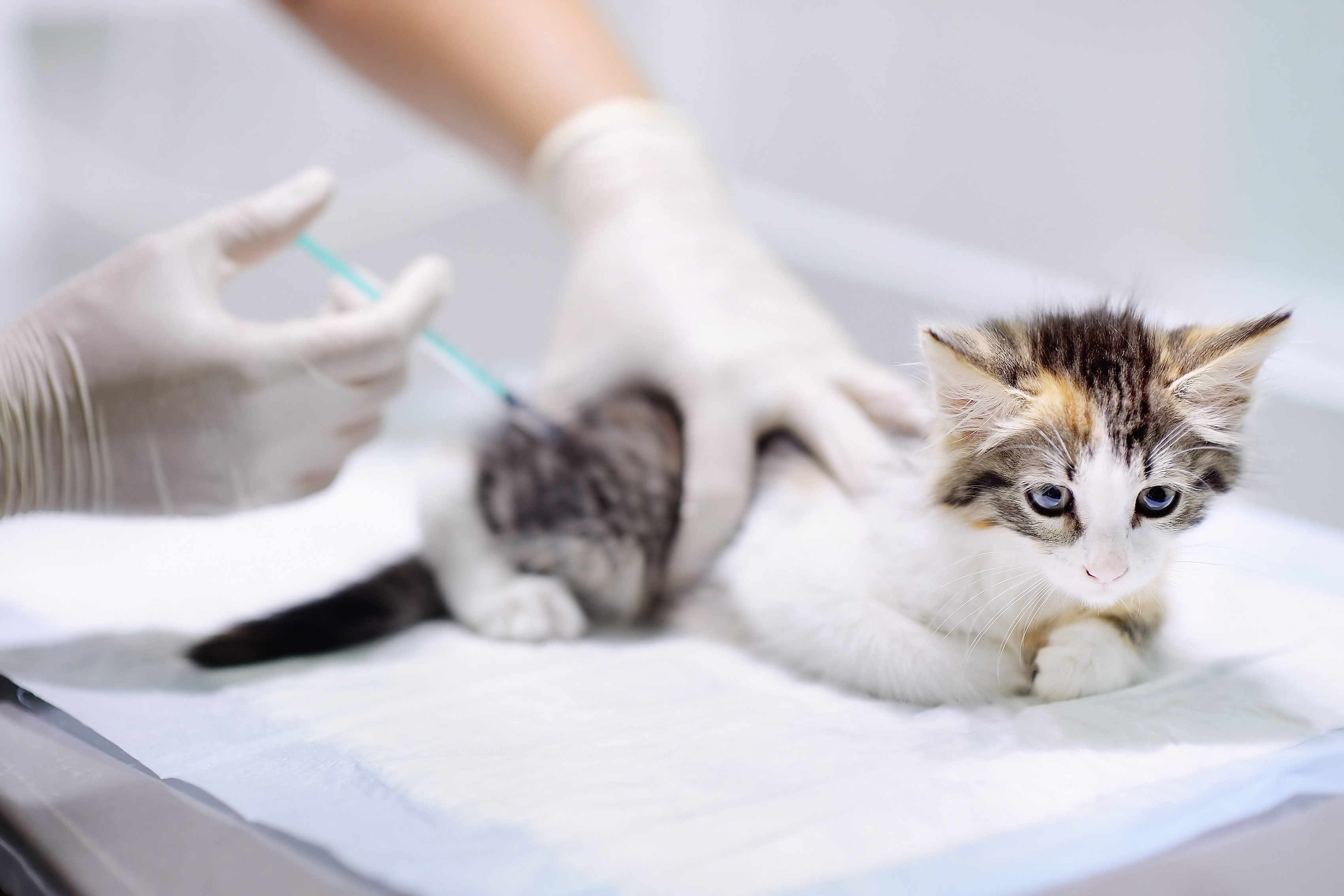
Rabies Vaccinations For Indoor Cats Friendship Hospital For Animals

Should I Get My Indoor Cat Vaccinated Argyle Veterinary Hospital Argyle

The Importance Of Indoor Cat Vaccinations And Parasite Prevention Mobile Vet M D Mobile Vet M D
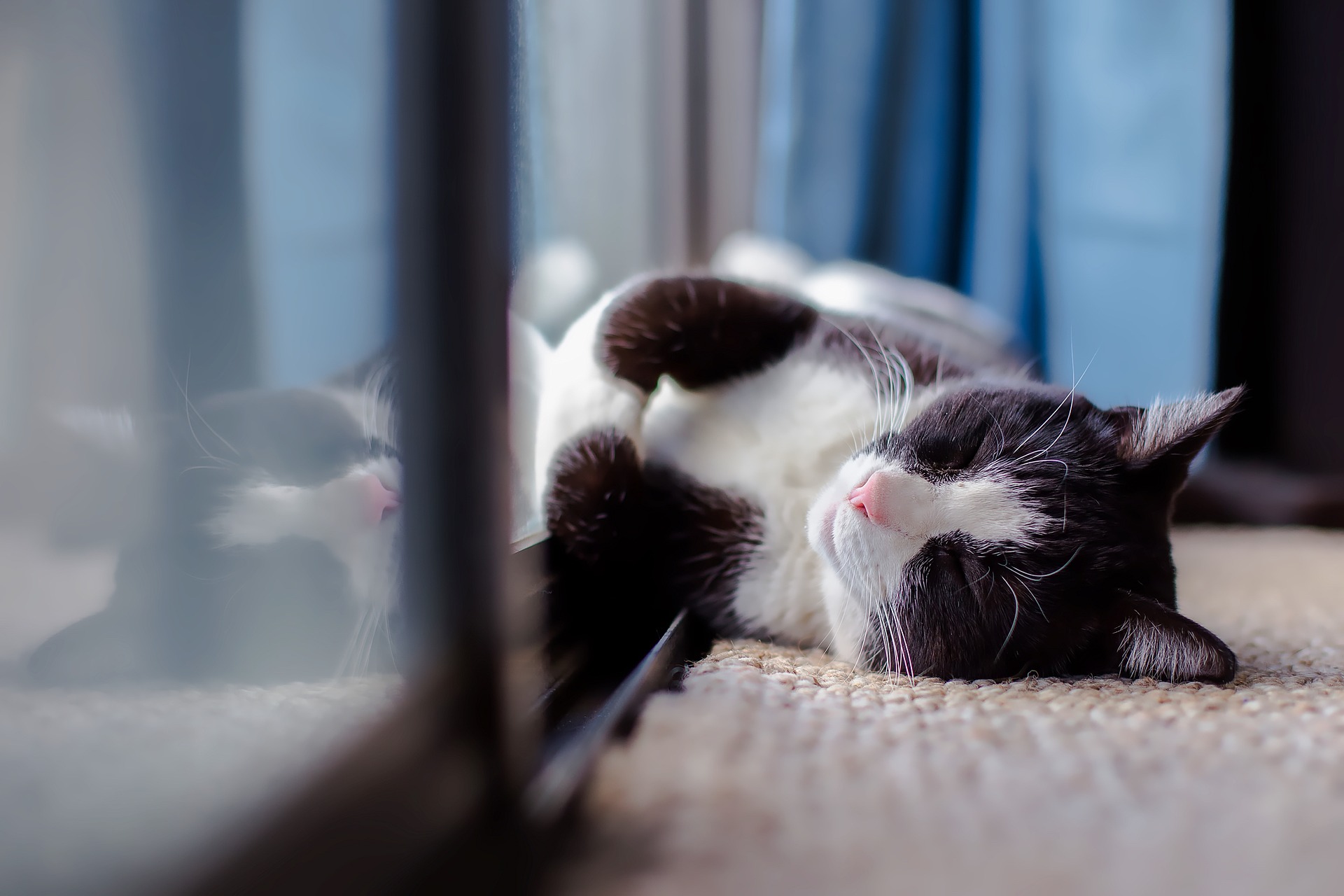
Do Indoor Cats Need Vaccines Vet Help Direct

Rabies Vaccine Does My Indoor Cat Really Need It Hillcrest Animal Hospital
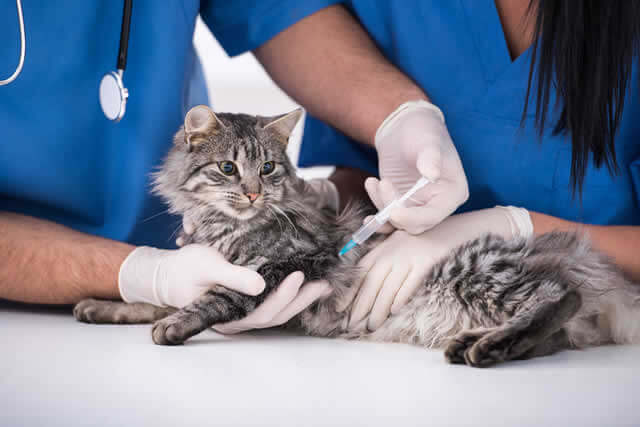
Vaccinating Your Pet In Wood Green Metrovet Vets In Wood Green London
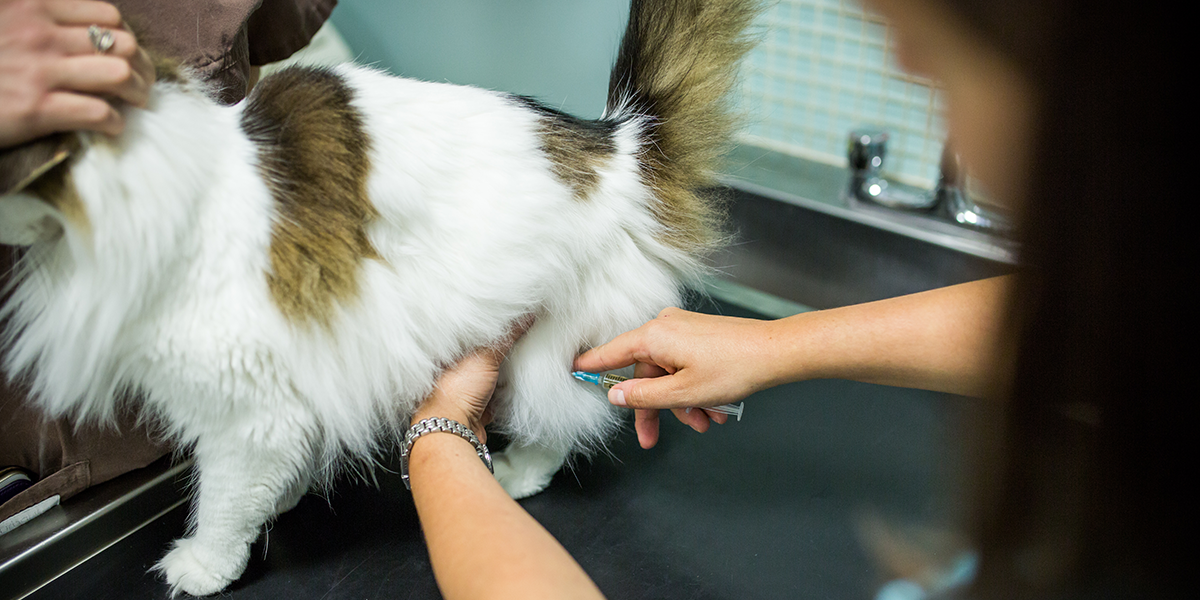
Vaccinating Your Cat International Cat Care
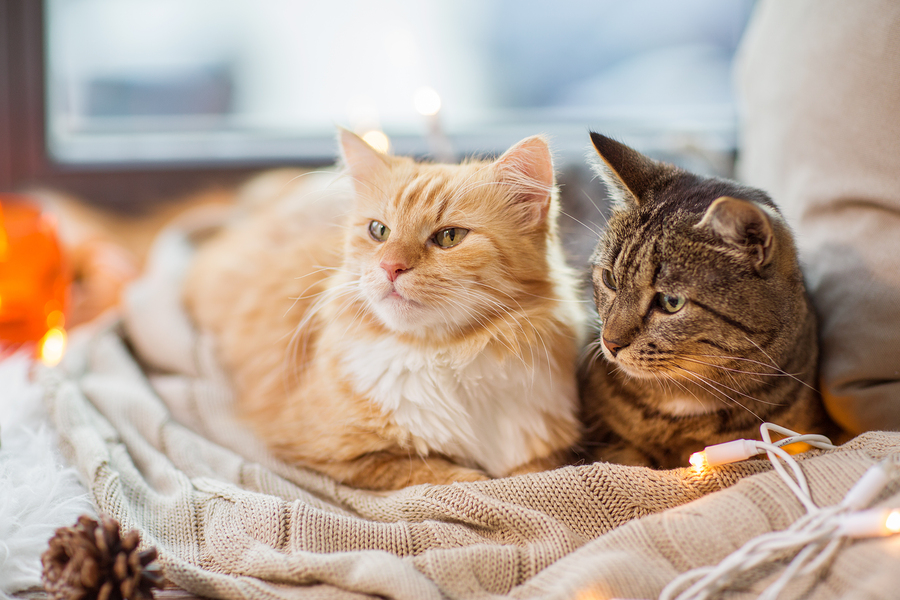
Why Your Indoor Cat May Need Vaccinations Fear Free Happy Homes
